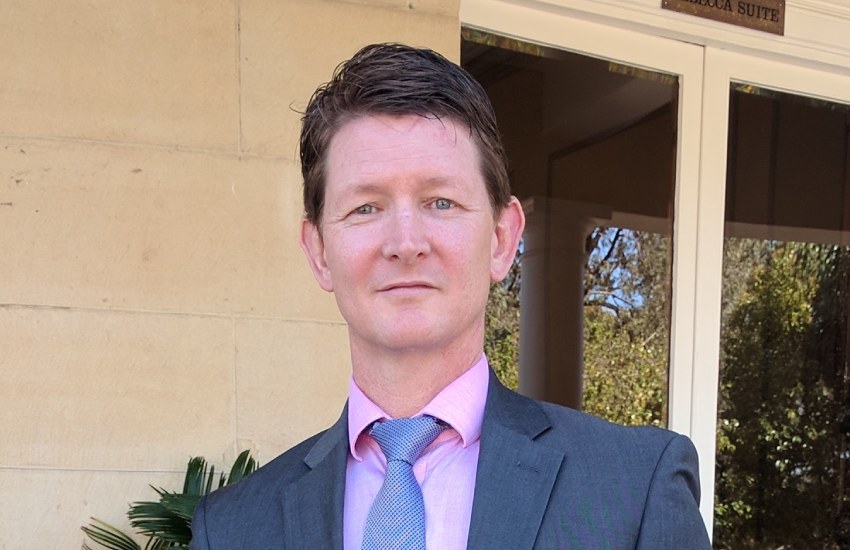Expanding CDR ‘will empower consumers’
RegulationConsumer advocates concerned about an increase in predatory lending under open finance have a well-intentioned but narrow view of what the proposal will mean for the industry.

Lessons from open banking have been that the same tools handed to a minority of unscrupulous actors are available to the majority that play by the rules and improve outcomes for end users. Further, the system will give consumers a faster exit from relationships with dodgy operators.
In a joint submission to Treasury on the expansion of the consumer data right, the Financial Rights Legal Centre, Financial Counselling Australia and the Consumer Action Law Centre argued non-bank lenders could misuse CDR data to target vulnerable customers because they are not subject to the comprehensive credit reporting (CCR) mechanism like the big banks.
The trio further argued the CDR “will enable social scoring for credit provision” and “magnifies the harms to joint account holders under the opt-out consent model”.
Finally, the consumer advocates issued a list of demands, most notably limiting eligible participants to those subject to the CCR regime; restricting specific uses of data to identify people experiencing financial hardship; requiring “trusted advisers” to be accredited; and introducing a data fiduciary standard for CDR participants.
It’s worth remembering the whole point behind the CDR isn’t about the banks or non-bank lenders at all. It’s about consumers and empowering them to shop around for a better deal without the hassle of paperwork.
The consumer advocates “do not deny that there are benefits of applying the CDR to the non-banking sector for some consumers”, but say “all these mooted benefits do not exist in a vacuum”. The same could be said for the mooted problems raised by these advocates.
Yes, under the proposed CDR expansion, accredited data recipients will be allowed to store and use consumer data to analyse the behaviour of a person, or to sell them additional products. An unscrupulous actor could use the CDR to target vulnerable customers.
The reality is that people in financial hardship need quality financial services and the CDR gives the majority of ethical actors the same access to those consumers as the dodgy ones.
Further, when someone does become entangled with a dodgy non-bank lender, the task of getting away from them is hard outside the CDR. The amount of paperwork you need to provide an ethical competitor for them to determine precisely how much trouble you’re in and what it’ll take to get you out of it is significant.
If the non-bank lenders had to be an accredited data holder, it’s going to make it harder to play in that space. They will have financial and technical overheads that make it cost-prohibitive. They can, of course, become data recipients at any time, as long as they are accredited.
This would only be exacerbated by restricting the use of data, introducing a data fiduciary standard and requiring trusted advisers to be accredited. Especially at a time when the industry is haemorrhaging talent. It regulates the system into the ground.
As for limiting eligible participants to those subject to the CCR regime, that feels like the heart of the argument. Should non-bank lenders be subject to the CCR? It’s a perfectly valid opinion. Open finance is a poor proxy for that debate.
The whole point of the CDR is to empower consumers to find solutions in the sensible centre – smaller operators who care about their end users.
Then there’s the other side of the equation. If somebody came along and wrote a data recipient application that aggregates non-bank lending exposure, that could also help people and organisations trying to assist people in financial distress.
Even after all this, at its very best, the bad-actor scenario would only be realised some way down the road. The experience with open banking globally shows that only the savvier individuals use the technology to shop around. There simply isn’t much evidence to suggest people experiencing financial hardship are going to be the first movers under open finance. The adoption just isn’t there, yet.
Saddling the system with excessive regulation will further diminish adoption rates, keeping superior solutions hidden from consumers.
Where we can find common ground with consumer advocates is with the practice of screen scraping.
“Some non-bank lenders obtain consumer’s bank account passwords to screen-scrape financial data,” the submission said. “In so doing they hold on to these passwords and use them at later times to identify if a bank account is low in funds. If the account is low in funds they then proceed to spam the consumer with direct marketing material offering further high-cost loans.”
Screen scraping has been banned in the UK and EU, and it’s difficult to see the practice being allowed to continue in Australia for much longer once the CDR is more mature.
But the more you have people’s financial information controlled and accessible the better it is for the end consumer, which is the intent.
Andrew Glover is general manager at Fastlane Solutions, where he specialises in open banking integrations. Before Fastlane, Andrew was program manager at Cuscal where he oversaw a variety of open banking implementations.



